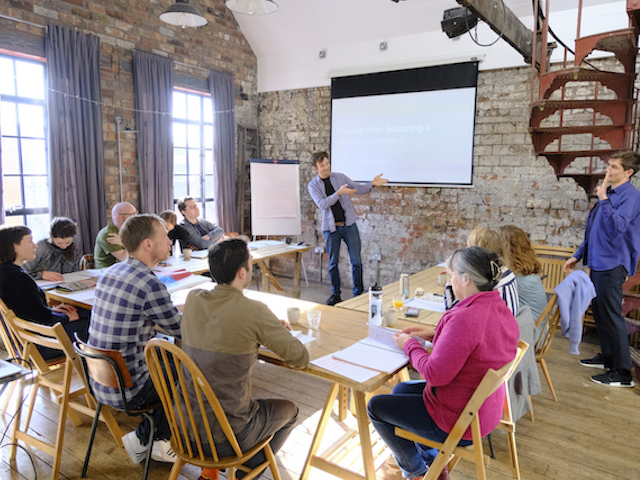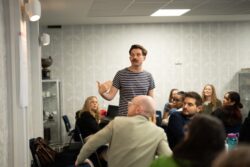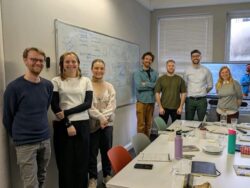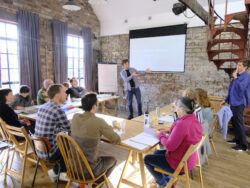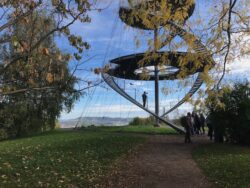Description
Long since the Covid-19 pandemic started, people are tired of meeting online. So how do we make our online workshops engaging, productive and worthwhile?
In this introductory training programme, we draw on our experience of running online meetings, presentations and workshops for groups from five to fifty at a time. We will help you find your bearings in this new working space and give you the basics for running a great online session, all based around the premise of making the experience more human.
Course content
- Establishing ground rules for good online dialogue
- Basic dos and do nots
- The four modes of facilitation online
- Structuring sessions for different outcomes
- Stimulating engaging group discussion
- What to do when it all goes wrong
In detail
At Constructivist we take a problem-based learning approach to delivering training. In practice this means we structure our training sessions around helping participants identify and overcome the challenges they face. The process we go through is:
- establishing a framework for understanding the problem space,
- identifying and clarifying personal challenges,
- introducing tools and techniques to help with the challenges,
- applying these tools in practice
- and reflecting on performance.
The key premise underpinning this training in how to run a great workshop is the move from presentation (in which the aim is to deliver content) to facilitation (in which the aim is ease conversation).
In workshops one and two we explore the four modes of facilitation and use these to identify and share personal aims for the participants in this training.
In workshop three to five we introduce specific facilitation techniques to address the personal challenges identified in session two. Participants are expected to practise techniques between sessions and reflect on how they got on. We invite participants to form action learning groups to support one another.
The exact content in these later sessions depends on the specific challenges that have been identified. In recent editions of this training we have covered:
- Establishing permission to facilitate
- How to manage different levels of contribution from participants
- How to use questions to draw out information
- Effective feedback.
- Understanding what a successful workshop looks like
- Understanding how to work with your vulnerability as a workshop leader
- What to do when things go wrong.
- The basic dos and dont’s of workshop delivery online
The final session is showtime. Working in small teams, groups of participants facilitate each other workshopping real content for their organisation and provide each other with feedback.
About the trainer
From the Institution of Structural Engineer’s website:
Oliver Broadbent is an expert facilitator and trainer in design thinking for the built environment. With a background in civil engineering and teaching, he specialises in designing high-impact training that has a lasting effect on the learner.
He is Founder and Director of engineering training consultancy Constructivist. There he leads the development of Constructivist’s programme of design training for design consultancies. He also works with universities including Cambridge, Bath and Imperial to develop innovative approaches to curriculum design and delivery. For eight years Oliver was Director of Think Up, the education arm of the Useful Simple Trust.
Oliver has co-authored a series of good practice teaching guides for the Royal Academy of Engineering on experience-led learning, e-learning for engineers, effective industrial engagement in engineering education and how to teach sustainability.
He is a Royal Academy of Engineering Visiting Professor at Imperial College, London.

